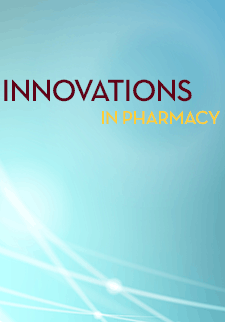The Impact of a Short-Term Pharmacology Enrichment Program on Knowledge and Science Attitudes in Precollege Students
Molly N Downing
Ohio State University
Katherine E Rooney
Ohio State University
Abigail Norris Turner
Ohio State University
Nicole Kwiek
Ohio State University - Main Campus
DOI: https://doi.org/10.24926/iip.v7i2.426
Keywords: science outreach, pharmacology, high school students, science knowledge, STEM careers
Abstract
As our nation and the global economy place an increased demand for science, technology, engineering, and mathematics (STEM) jobs, science educators must implement innovative approaches to pique precollege student’s interests in these careers. Pharmacology remains a relevant and engaging platform to teach biology and chemistry concepts, and this strategy applied over several months in the formal classroom increases science literacy in high school students. In order to improve the affordability and accessibility of this educational approach, we developed and assessed the impact of a short-term pharmacology day camp, ‘Pills, Potions, and Poisons’ (PPP), on high school students’ science knowledge and attitudes toward science careers. The PPP program was offered annually from 2009 through 2012, and participants spent 6 days learning about pharmacology and careers in the biomedical sciences. All PPP student participants (n=134) completed surveys assessing their basic science knowledge and science attitudes before and after the program. Students achieved significant gains in their science knowledge by the end (Day 6) of the PPP program (from 41% mean test score to 65%; p<0.001). In addition, the majority of participants agreed or strongly agreed that the PPP program positively impacted their attitudes toward science (p<0.001). This study provides evidence that a short-term pharmacology-centered science enrichment program can achieve significant gains in participant’s science knowledge as well as motivation and confidence towards science careers. Moreover, we report benefits experienced by the undergraduate, graduate, and professional pharmacy student teaching assistants (TAs, n=10) who reported improved communication skills and an increased interest in future educational work.
Type: Original Research


